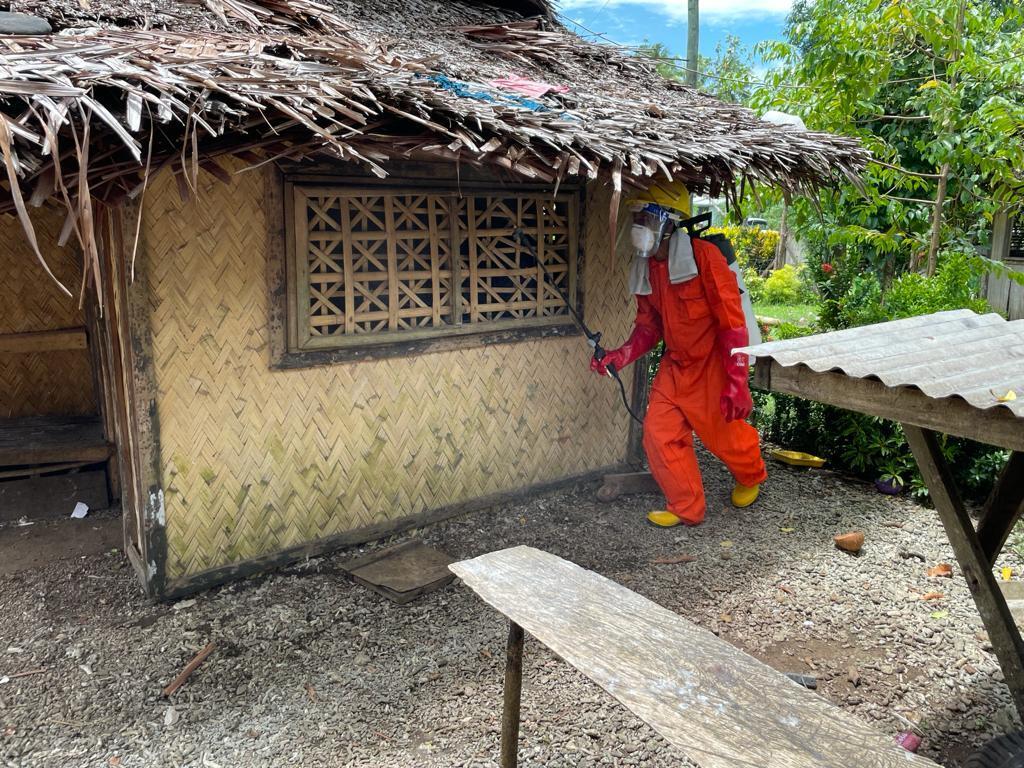New investments in health are helping to test mosquito protection tools to combat malaria (the project is called 'natnat' which is mosquito in Tok Pisin) and other vector-borne diseases.
Recently opened in Madang, the PNG Institute of Medical Research's (PNGIMR) 'Belna Natnat Centre', is a state-of-the-art facility equipped with a variety of ways to test mosquito protection tools. At this insectary, malaria free mosquitos are bread and then used in the testing of insecticides, nets and other repellents to check if they stop people getting bitten. These tests are done by volunteers in laboratory conditions, semi-filed conditions using a netted tunnel system and using small huts before using them out in the community.
 |
| [Photo by Australian High Commission] |
The Centre is the of first of its kind in the region and was constructed under the Newly Adapted Tools Network Against vector-borne disease Transmission (NATNAT) project.
The NATNAT project marks a significant milestone for PNG's National Malaria Control Program expanding PNG's ability to combat malaria and other mosquito carried diseases in PNG conditions, replicating how people in villages live.
NAT NAT project is a partnership between the PNGIMR, National Department of Health (NDoH), Madang Provincial Health Authority, Burnet Institute, James Cook University and Rotarians Against Malaria. This project has been funded by Australia’s Department for Foreign Affairs and Trade (DFAT) through IVCC, the Product Development Partnership (PDP) for vector control, since 2019.
Australia is proud to support the PNGIMR in leading efforts to combat vector-borne diseases.
Source : Australian High Commission, Port Moresby
Also read
PNG's Port Moresby Hospital's blood bank in dire need of blood donation
